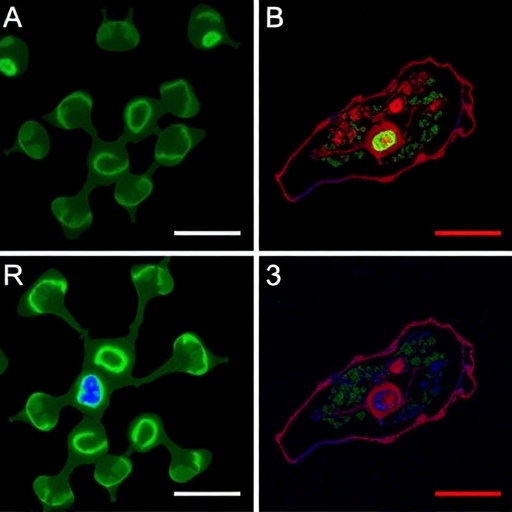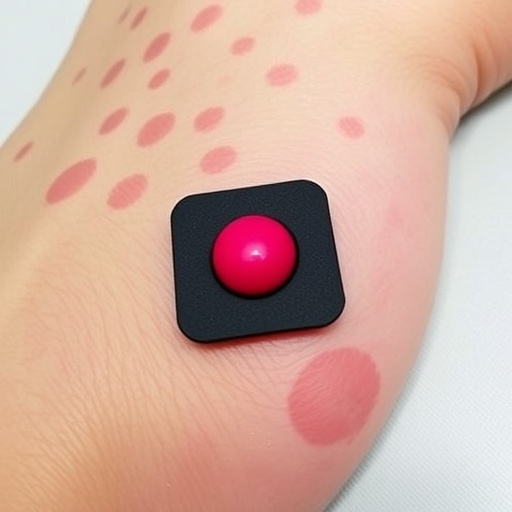Statement of Principles will be issued in São Paulo during annual meeting of Global Research Council attended by representatives of 50 countries
During the 2019 Annual Meeting of the Global Research Council (GRC) in São Paulo, Brazil, leaders of research funding agencies worldwide will endorse guidelines addressing the expectations of grantmaking organisations and governments regarding their support for science and engineering research that contributes to solutions to the world’s economic and societal challenges.
The announcement will be made as a Statement of Principles to be released during the GRC’s Annual Meeting, which will be attended by heads of research councils from some 50 countries on all five continents. The meeting takes place on May 1-3, 2019.
The organizers of the event are the São Paulo Research Foundation (FAPESP), Argentina’s National Scientific & Technical Research Council (CONICET) and the German Research Foundation (DFG). This will be the GRC Annual Meeting held in Brazil. Previous editions took place in Russia (2018), Canada (2017) and India (2016).
The 2019 meeting is the eighth edition. Its focus will be the growing demands that research funding organisations, governments and grantmaking agencies give more weight to economic and societal impact as a major criterion for selecting research projects to support.
The GRC held regional meetings to discuss this positioning on all five continents during 2018. The Statement of Principles will reflect the results of the discussions. The document will defend a balance between basic research and applied or use-oriented research, the prevalence of merit as a priority in selecting projects for funding, and the need for flexible approaches to the assessment of the societal and economic impact of research.
The Statement of Principles, which will serve as a reference for funding agencies, will also recommend the adoption of more effective communication strategies to raise awareness of the results of funded research projects on the part of the research community, society and government.
Other discussions that will take place during the GRC’s Annual Meeting will address open science and Plan S, and gender equality in scientific research funding and execution. Plan S is an initiative led by the European Commission to accelerate the transition to free and open access to scientific articles. It requires researchers who benefit from public funding to publish their work in open repositories or journals by 2020.
The discussion on gender will be introduced by Professor Londa Schiebinger (Stanford University). The Gender Working Group will lead a panel session highlighting the research finding that grave errors and waste can be avoided by taking the gender dimension into account in research and not using only males as models to test hypotheses.
The importance of diversity will also be discussed at the meeting. More diverse groups of scientists achieve research results that have a more significant impact, so much so that most funding agencies have taken steps to try to remove the obstacles to participation by women and other groups in the scientific workforce.
###
About the GRC
Established in 2012, the Global Research Council pursues goals such as improving communication and cooperation among funding agencies worldwide, promoting the sharing of data, and fostering best practices for high-quality research cooperation.
The Governing Board is chaired by Vladislav Panchenko, President of the Russian Foundation for Basic Research. Its Vice Chair is Alejandro Ceccatto, President of Argentina’s National Scientific & Technical Research Council (CONICET).
The Governing Board also comprises the heads of research funding agencies in Brazil, Canada, China, Côte d’Ivoire, Germany, Ireland, Japan, Saudi Arabia, South Africa and the United States, as well as the head of Science Europe.
Press Conference on the 2019 Annual Meeting of the Global Research Council (GRC)
Participation by representatives of the Governing Board of the Global Research Council, who may include:
- France Córdova, National Science Foundation (NSF), United States
- Molapo Qhobela, National Research Foundation (NRF), South Africa
- Carlos Henrique de Brito Cruz, São Paulo Research Foundation (FAPESP), Brazil
- Digvir S. Jayas, Natural Sciences & Engineering Research Council (NSERC), Canada
- Peter Strohschneider, German Research Foundation (DFG), Germany
- Mark Ferguson, Science Foundation Ireland, Ireland
- Anas Al-Faris, King Abdulaziz City for Science & Technology (KACST), Saudi Arabia
- Li Jinghai, National Natural Science Foundation of China (NSFC), China
- Susumu Satomi, Japan Society for the Promotion of Science (JSPS), Japan
- Marc Schiltz, Science Europe, Europe
- Yaya Sangare, Strategic Support Programme for Scientific Research (PASRES), Côte d’Ivoire
Media Contact
Joao Carlos Silva
[email protected]
http://fapesp.




